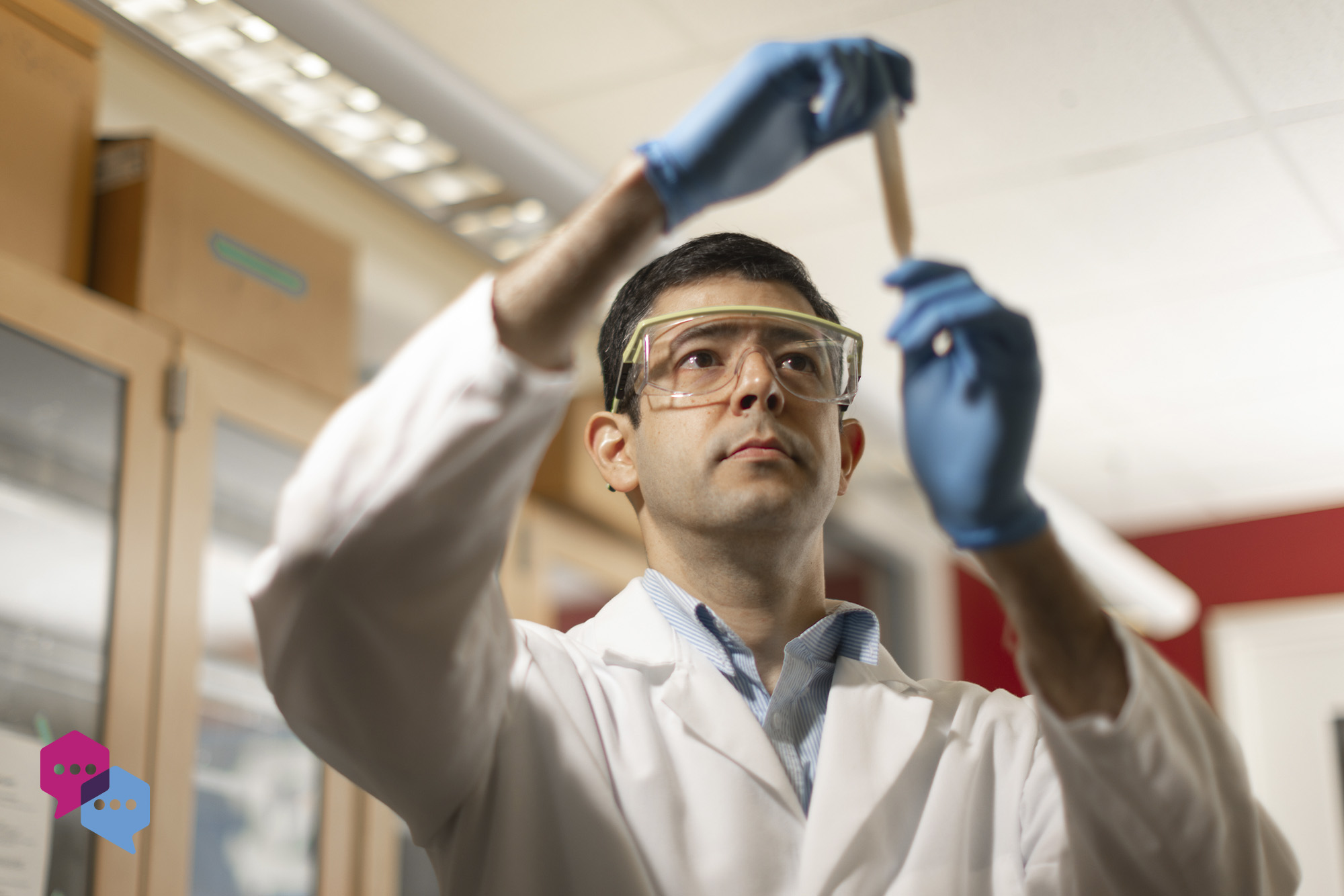Orlando Coronell is an associate professor and associate chair for academics in the Department of Environmental Sciences and Engineering within the UNC Gillings School of Global Public Health and an adjunct faculty member in the Department of Applied Physical Sciences within the UNC College of Arts and Sciences. He researches how to improve clean water and clean energy materials and technologies.
Q: How did you discover your specific field of study?
A: I was an undergraduate student studying civil engineering in my hometown in Colombia. Up until my last year, my main interest was in structural design, so designing buildings, bridges, and more. But in my final year, a new professor arrived in our department. His expertise was in water purification, and through his courses I learned about water treatment and how chemistry, physics, and biology were all used in an engineered manner to purify water. He was also the first professor I was exposed to who did research, and I worked for him as a research assistant. It was a short stint of less than a year, but it was enough to change my interest in being a practitioner to being a researcher.
Q: Academics are problem-solvers. Describe a research challenge you’ve faced and how you overcame it.
A: During my assistant professor years, one of my PhD students and I were working on developing a method to measure the sorption of liquid water by thin polymer films that determine the performance of water desalination membranes. I thought we had a sound method but, despite my student repeating the test many times, the numbers kept repeatedly coming back incredibly high. After a while, it seemed like a dead-end, and we thought of giving up on this method.
Then, I decided to come back to the problem and think outside the box. For decades, the films we were studying were thought to be dense and nonporous. What if they were not truly dense? What if they actually had nanopores that filled with water — and that was the reason why the sorption numbers were crazy high? We tested this hypothesis using other analytical techniques, and we turned out to be right. That paper was very impactful and contributed to changing the understanding of these thin films in our field. That experience reminded me that sometimes things are so engrained in our mind that we forget we can be wrong even in the things we are sure are correct.
Q: Describe your research in five words.
A: Advancing clean water, clean energy.
Q: Who or what inspires you? Why?
A:The disparity in access to resources between people across the world, even across North Carolina. It is amazing that simple things like clean water are a given for some, but so hard to obtain for others. I like to think that we environmental scientists and engineers help close those gaps by advancing the knowledge and technologies needed to do it.
Q: If you could pursue any other career, what would it be and why?
A: A soccer player because I love soccer — just like any other Colombian. I love the sense of community that a close-knit team has and the personal challenge that getting better at a sport represents.


